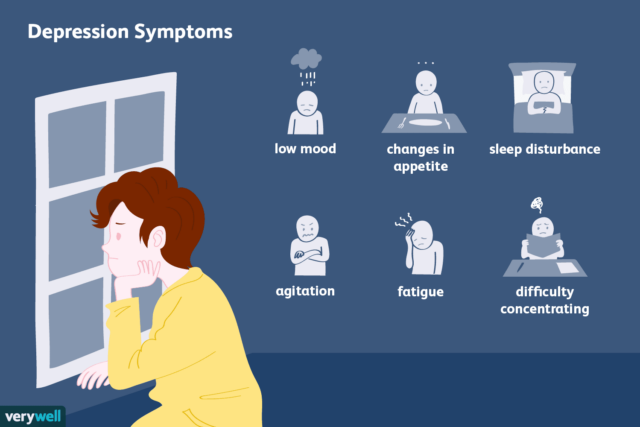Depression, which is classified as a mood illness, causes a lingering sense of melancholy or disinterest. Numerous physical and mental conditions might result from it, interfering even with daily activities. The World Health Organization has estimated that “around 280 million individuals worldwide experience depression.” Additionally, according to WHO, “about 7,00,000 individuals die by suicide every year.” But how can you tell whether you or someone close to you is depressed?
Major troubles with anger may indicate depression if you have them. But not everyone who has anger management problems is sad. Continue reading to learn how to recognize some of the most typical signs of depression.
Since we are only human, it is acceptable to experience sadness occasionally. However, if you consistently feel down throughout the day for an extended length of time, it may be a sign that you are depressed. Even engaging in their favourite pastimes is difficult for someone who is sad. It’s important to either talk to a trusted friend or seek professional help if the sorrow persists for more than six to eight weeks.
Depression patients may notice a change in their food or sleeping habits. One of this mood disorder’s most prevalent symptoms, which many people experience when through difficult circumstances, is a change in appetite. Similarly, sleeping too much or too little can both be indicators of depression.
Everyone experiences anger occasionally, but when it becomes uncontrollable, it might be an indication of melancholy. Depression makes it difficult for people to regulate their emotions, much alone their fury, especially in high-stress situations. When confronted with such circumstances, they may become apprehensive, begin to panic, or begin to perspire excessively.







